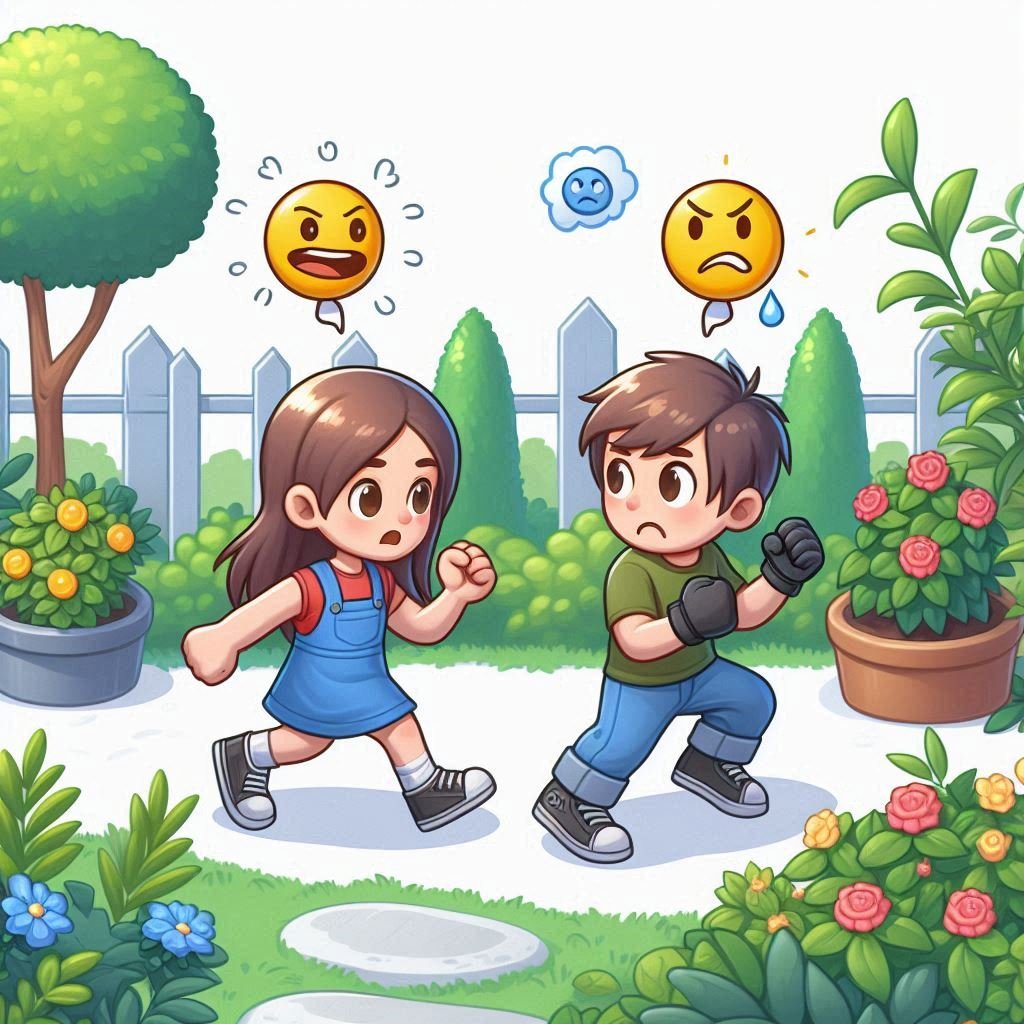Frequently Asked Questions – Wisher
How to tell if a relationship will last?
Determining the future of your relationship often involves looking beyond surface interactions to understand the deeper dynamics at play. Here’s a narrative exploration of signs that your relationship may be built to last:
Trust forms the bedrock of a lasting relationship. When both partners place complete trust in each other and feel secure in their connection, it reflects a deep, unshakeable bond. This trust is not just about fidelity but about being able to rely on each other through thick and thin, feeling assured that you’re each other’s safe haven. Communication is another vital sign. When you can openly share your thoughts, feelings, and concerns without fear of judgment, it signifies a relationship grounded in mutual understanding. Effective communication goes beyond just talking; it involves listening, empathizing, and resolving conflicts with respect and patience.

Mutual respect enriches the relationship, where both partners value each other’s opinions, boundaries, and individuality. This respect fosters a nurturing environment where both people feel valued and understood, reinforcing the relationship’s longevity. Shared goals and values offer a roadmap for the future. When you and your partner align on essential life goals and core values, it creates a unified vision that strengthens your connection. This shared direction helps both partners stay committed to their journey together, even when challenges arise.
Emotional support during both joyous and difficult times is a hallmark of a strong partnership. Being each other’s pillar of strength, celebrating successes, and providing comfort during hardships solidifies your bond and ensures you’re in it for the long haul. Quality time together, despite busy schedules, indicates that you both cherish and prioritize your relationship. Investing time in each other strengthens your connection and reaffirms your commitment, ensuring that the relationship remains vibrant and engaging.
Adaptability in navigating life’s changes reflects resilience and a shared commitment to overcoming obstacles. If you can adjust and grow together through various life stages, it indicates a relationship capable of enduring through life’s inevitable ups and downs. Encouragement of personal growth is crucial. A relationship that supports individual aspirations while maintaining a strong connection allows both partners to evolve and thrive, which is essential for long-term success.

Intimacy, both emotional and physical, keeps the relationship dynamic and fulfilling. Continuing to express affection and nurture the romantic spark ensures that the bond remains strong and passionate. Balanced independence shows a healthy level of self-assurance. If both partners can maintain their individuality and have separate interests while still deeply connected, it suggests a mature and enduring relationship.
Recognizing these signs helps in understanding the strength and potential of your relationship. While no partnership is flawless, the presence of these indicators often signals a strong foundation for enduring love.
When to let go or fight for a relationship?
Deciding whether to fight for or let go of a relationship is a deeply personal and often emotional journey. Here are some thoughtful considerations to guide you through this complex decision:
When to Fight for the Relationship
If you find that mutual respect and communication are present, it’s worth considering the effort to mend the relationship. Respect for each other’s feelings and an openness to discussing concerns can lay a strong foundation for resolving conflicts and rebuilding trust. When you and your partner share values and goals, it indicates that there is a significant level of compatibility. This alignment can be a solid reason to invest effort into addressing any issues, as it suggests a shared vision for the future.
An emotional connection that still brings joy, intimacy, and moments of happiness can be a sign that the relationship has potential. If the positive experiences outweigh the negative, it might be worth fighting to preserve what’s good. If both partners are willing to change and address issues, this openness to growth can be a positive sign. Willingness to evolve and work through problems together reflects a commitment that can often rejuvenate the relationship.

When to Let Go
If you find yourself in a cycle of constant conflict without resolution, it may indicate deeper issues that are not being addressed. Persistent fighting can lead to emotional exhaustion and might signal that the relationship is no longer healthy. A lack of trust and respect is often a fundamental issue that can be difficult to overcome. Trust is essential for a lasting relationship, and without it, the foundation may be too fragile to rebuild.
If the relationship feels more emotionally draining than fulfilling, it may be time to reassess. A relationship should ideally offer support and comfort, rather than constant stress and dissatisfaction. If you struggle to envision a future together or find that your goals and values are misaligned, it may be a sign that the relationship is not sustainable. A clear and shared vision for the future is crucial for long-term success.
Conclusion
Ultimately, the choice to fight for or let go of a relationship requires deep reflection on your feelings, the relationship dynamics, and whether both partners are committed to making it work. Honest dialogue with your partner about your concerns and desires can provide further clarity, helping you to make a decision that is right for you.
How do you know when a relationship isn’t right anymore?
Understanding when a relationship may no longer be right for you is often challenging but crucial. Here are some key signs that might indicate it’s time to reevaluate:
Lack of Emotional Connection can be one of the most telling signs. If you and your partner feel emotionally distant and lack the desire to share your thoughts, feelings, or vulnerabilities, it often signifies a struggling relationship. Feeling alone even when in each other’s presence is a clear indicator that the bond is weakening. Communication Breakdown is another red flag. When conversations become strained, with responses reduced to one-word answers or surface-level discussions, it reflects a deeper issue. Avoiding important discussions or problems only exacerbates the distance between partners, suggesting the relationship is in trouble.

Constant Fighting and Contempt can also signal serious issues. When conflicts turn into aggressive exchanges or disrespectful remarks, it undermines the relationship’s foundation. Persistent contempt or ridicule not only harms communication but also erodes mutual respect, making reconciliation difficult. Drifting Apart might manifest as partners leading separate lives with different interests and spending more time apart. This gradual separation often points to a fading connection and suggests that the relationship may no longer be fulfilling.
Lack of Effort and Shared Joy is crucial to observe. When you no longer make an effort to connect or find joy in each other’s company, it reflects a decline in the relationship’s vitality. If laughter and happiness have become rare, it might indicate that one or both partners are withdrawing. Inability to Envision a Future Together can be a decisive factor. If you struggle to see a future with your partner or find that your goals and values no longer align, it strongly suggests that the relationship may not be sustainable.
Recognizing these signs can help guide you in deciding whether to address the issues, seek professional help like couples therapy, or consider parting ways. Prioritizing your emotional health and well-being is essential in navigating this challenging decision.



